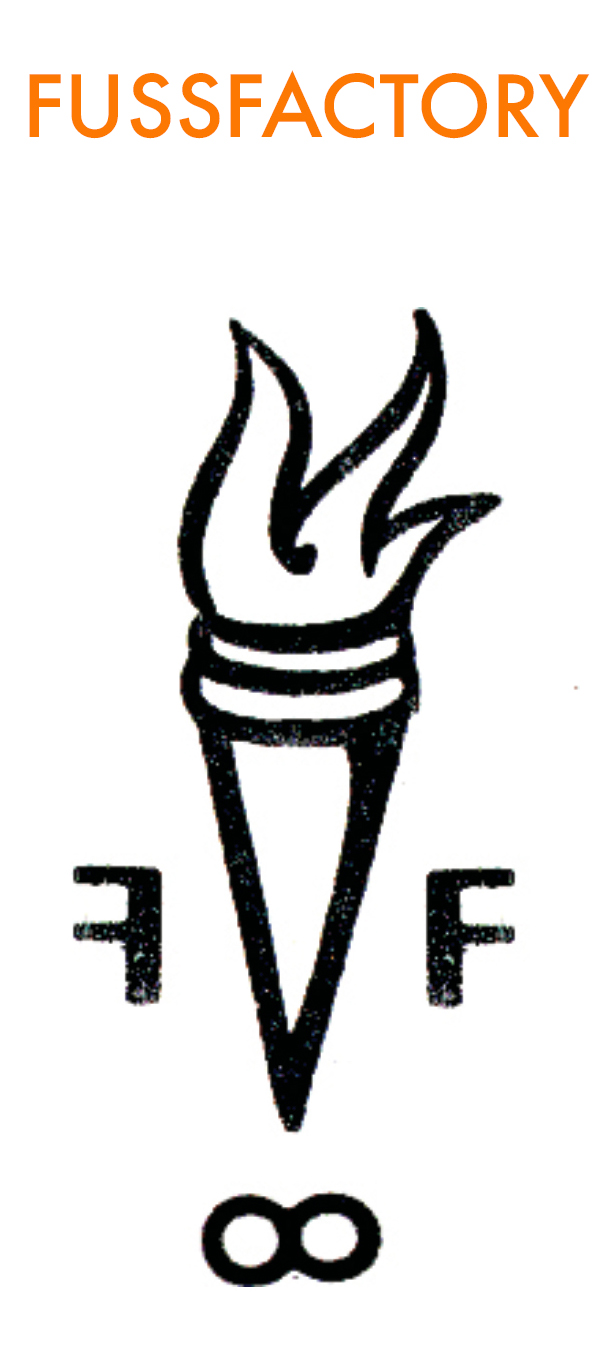#sparkchamber 121117 — Robert Hays
We are so pleased to welcome writer and U.S. Army veteran Robert Hays to the #sparkchamber today. Over the course of his fascinating life, Robert has been a newspaper reporter, a public relations writer, a magazine editor, and a university professor and administrator. A native of Illinois, he taught in Texas and Missouri before returning home, retiring in 2008 from a long career teaching journalism at the University of Illinois where he holds Emeritus Professor status.
His publications include academic journals and popular periodical articles, as well as a dozen books, both fiction and non-fiction. Two of his novels have been honored with Pushcart Prize nominations. Check out all of his work here.
His most recent non-fiction work is a biographical memoir about his close friend and collaborator, Gen. Oscar Koch, who was World War II intelligence chief for Gen. George S. Patton, Jr. Patton’s Oracle: Gen. Oscar Koch, As I Knew Him is available in paperback and Kindle editions.
And — Extra, extra! Hot off the press!! — his latest novel, A Shallow River of Mercy, a story of redemption [or hope for at least understanding] was published just last week, and is available in paperback and Kindle editions.
Robert and his wife Mary live in Champaign, Illinois. They have two sons and a grandson, and an extraordinarily handsome and intelligent orange tabby cat named Eddie (a.k.a. Prince Edward).
1.] Where do ideas come from?
Ideas come from anywhere and everywhere — the people around me, things I read, things I hear, things I dream. The list truly is endless. For example, the idea for my first novel, Circles in the Water, came from a newspaper report on police action in which an officer was forced to shoot and kill a criminal later found to be one of his closest childhood friends. My novel, then, is about a tightly knit foursome of children whose adult lives take vastly different directions.
2.] What is the itch you are scratching?
I think I’m driven principally by my love for the written word, especially as it tells the stories of the human condition. In a perfect world, every person would be able to understand every other person through shared experience. Stories, especially written stories, allow us to share and, we hope, promote better understanding.
3.] Early bird or night owl, tortoise or hare
In my early years as a writer, I was a newspaper reporter. This forced me to write under deadline pressures and disregard physical surroundings. I still write whenever and wherever the opportunity comes. The only thing I’ve added is an occasional break for a walk in the park during long writing stints, not only for physical rejuvenation but also to allow a bit of thinking ahead as to how I want my story to flow smoothly.
4.] How do you know when you are done?
As a novelist, I always work with the goal of a specific word count — say, 80,000 words. I know the story I want to tell and structure it mentally in advance. I begin by writing the beginning and the end. Then, developing my characters and plot details fills the large gap between and pulls the beginning and the end together. When I’ve succeeded at this, I’m done! (But in the process, of course, I’ve thought of new stories I want to tell so that in this sense I’m never done.)


